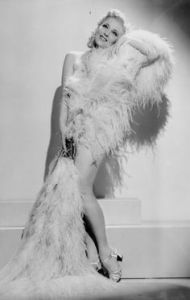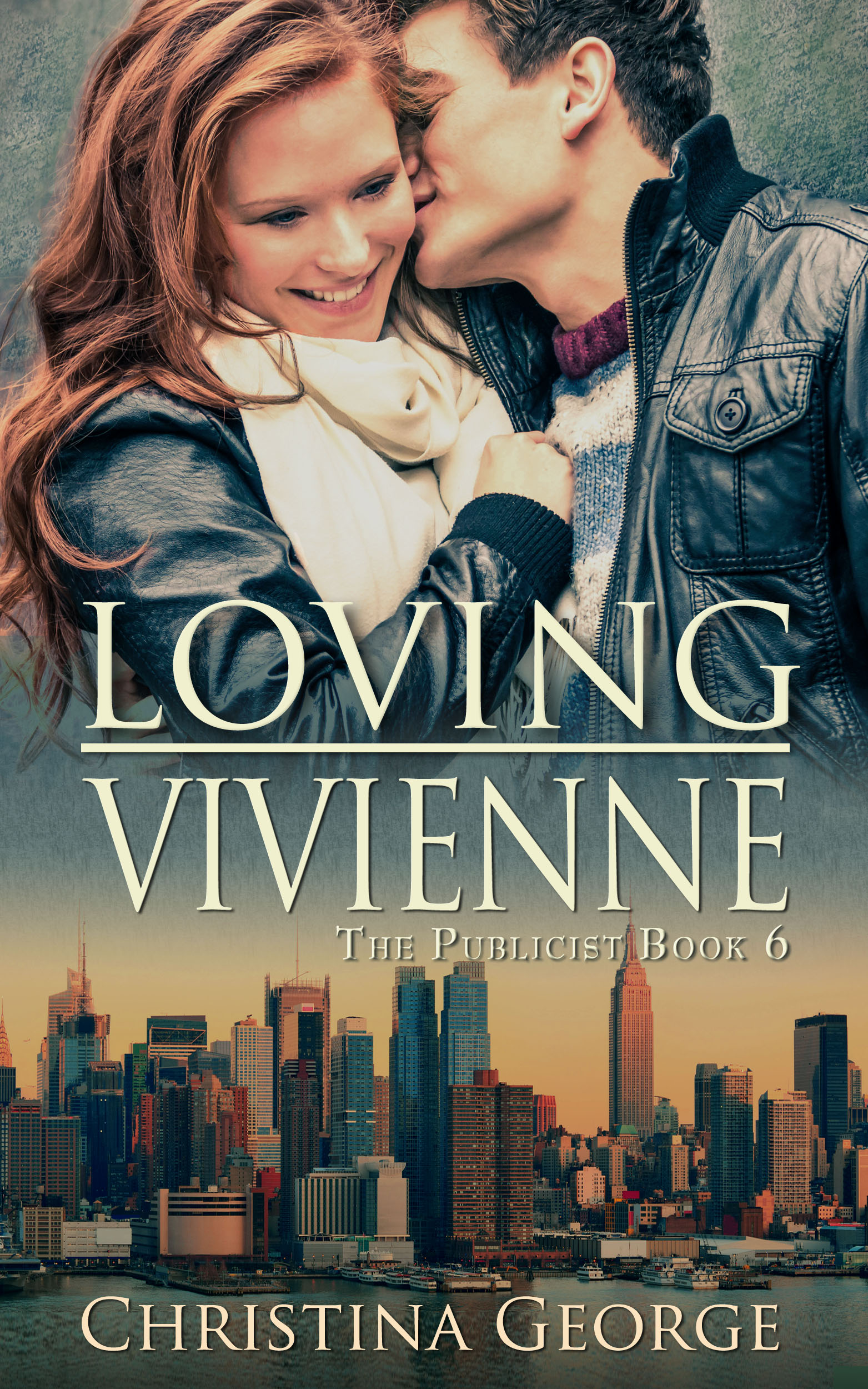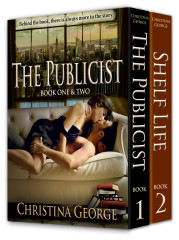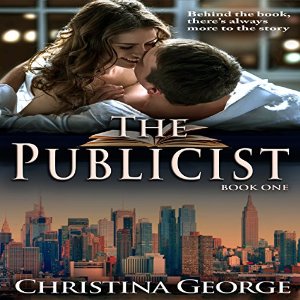So Amazon, you love them or you hate them, or you could be somewhere in between, I won’t judge either way, but there’s no denying they still reign king when it comes to books (and honestly a lot of other stuff but I’ll try to stay focused). If you’re an author you MUST have a listing on Amazon. If you’ve chosen not to as a way to revolt against everything they stand for – A+ for having ideals, F for dooming your book to the bargain bin.
But what I find even more curious than authors who refuse Amazon in exchange for success are the authors that just seem to throw something crazy up on their book page, or listing, instead of treating it like the sales magnet it is.
People are on Amazon to buy things, that’s the key, they aren’t there to try things on or pick up their dry cleaning – they’re there to spend money. So why do so many authors waste the opportunity to capitalize on this attitude with crappy listings? Some of the worst offenders are:
Authors that use ALL CAPS. This is a rule across the board in all forms of written communication, don’t yell at people unless you really mean to yell at them. CAUTION, for example, makes sense. A SASSY BLOND WITH AMBITION, does not. Use all caps sparingly, if the content is good you don’t need to yell it.
Authors that don’t use paragraphs. Right up there with super long work-related emails, book descriptions that are delivered in one long stream of conscious are mind numbing. Studies have proven that people are more likely to buy something if they feel they understand it – expecting them to follow along with a page-scrolling-long paragraph is folly.
Authors who obviously couldn’t pull off a strip tease. So there are teaser descriptions that leave you wondering “who done it” and why, or they start describing a world that only exists in our wildest dreams, and those are the books you can’t not read. Then there are descriptions that make you wonder if there was a an error uploading all the info. The author has graced us with two sentences that they think are just so clever, but in reality it makes it look like they couldn’t even come up with a reason for us to buy the book.
Authors whose bios are longer than their book descriptions. I realize I probably pay more attention to bios than the average person, but honestly authors should have websites for a reason. Your Amazon bio isn’t your CV, whether you’re a fiction or non-fiction author the point of your bio should be to make you likable. Surprised? Yes, that can still include your work history or whatever makes you an authority on your topic, but don’t list all your degrees, the club you ran in college, all of your kids’ favorite colors, put yourself in your readers’ shoes and try to focus on what they want to know about you to make their reading experience more meaningful.
Authors who review their own books. Yes, this happens. Don’t do it. ’nuff said.














